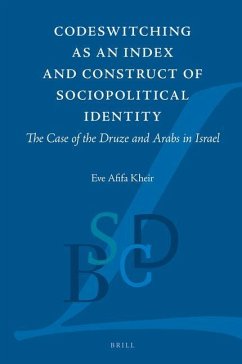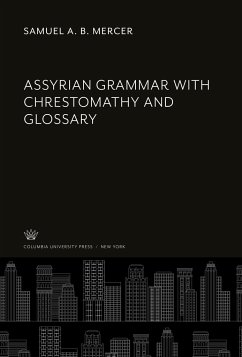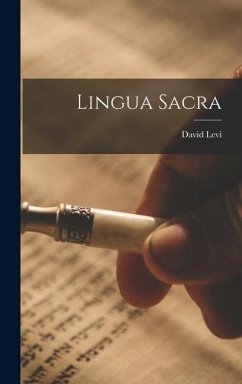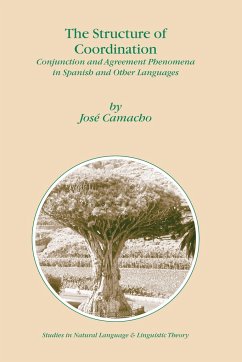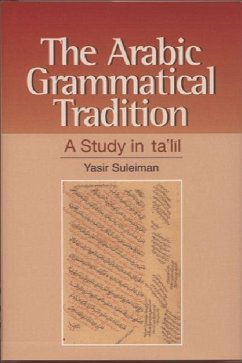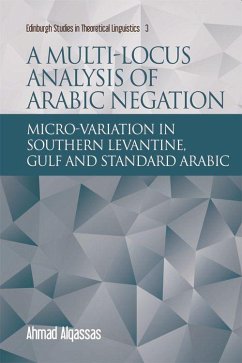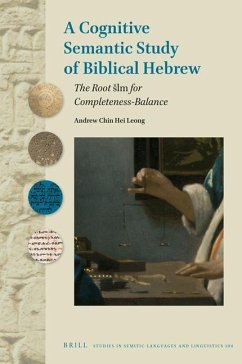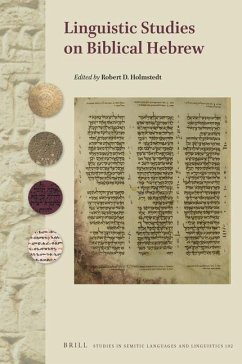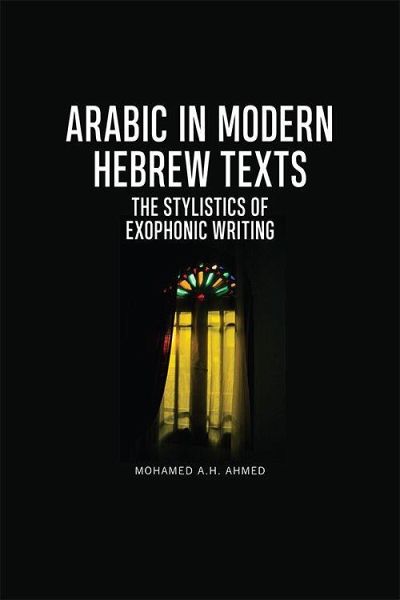
Arabic in Modern Hebrew Texts
The Stylistics of Exophonic Writing
Versandkostenfrei!
Versandfertig in über 4 Wochen
122,99 €
inkl. MwSt.

PAYBACK Punkte
61 °P sammeln!
Explores the phenomenon of writing literature in the non-mother tongue * Presents a new stylistic framework for analysing exophonic texts * Introduces a linguistic and stylistic study of exophonic writings beyond the European context to include Semitic languages * Explores how and why Arabic was incorporated in modern Hebrew texts * Examines the use of Arabic in nine Hebrew novels from the 1960s to the present * Analyses the works of authors Sami Michael, Shimon Ballas and Eli Amir In the late 1950s, Iraqi Jews were either forced or chose to leave Iraq for Israel. Finding it impossible to cont...
Explores the phenomenon of writing literature in the non-mother tongue * Presents a new stylistic framework for analysing exophonic texts * Introduces a linguistic and stylistic study of exophonic writings beyond the European context to include Semitic languages * Explores how and why Arabic was incorporated in modern Hebrew texts * Examines the use of Arabic in nine Hebrew novels from the 1960s to the present * Analyses the works of authors Sami Michael, Shimon Ballas and Eli Amir In the late 1950s, Iraqi Jews were either forced or chose to leave Iraq for Israel. Finding it impossible to continue writing in Arabic in Israel, many Iraqi Jewish novelists faced the literary challenge of switching to Hebrew. Focusing on the literary works of the writers Shimon Ballas, Sami Michael and Eli Amir, this book examines their use of their native Iraqi Arabic in their Hebrew works. It examines the influence of Arabic language and culture and explores questions of language, place and belonging from the perspective of sociolinguistics and multilingualism. In addition Ahmed applies stylistics as a framework to investigate the range of linguistic phenomena that can be found in these exophonic texts, such as code-switching, borrowing, language and translation strategies. This new stylistic framework for analysing exophonic texts offers a future model for the study of other languages. The social and political implications of this dilemma, as it finds expression in creative writing, are also manifold. In an age of mass migration and population displacement, the conflicted loyalties explored in this book through the prism of Arabic and Hebrew are relevant in a range of linguistic contexts.



